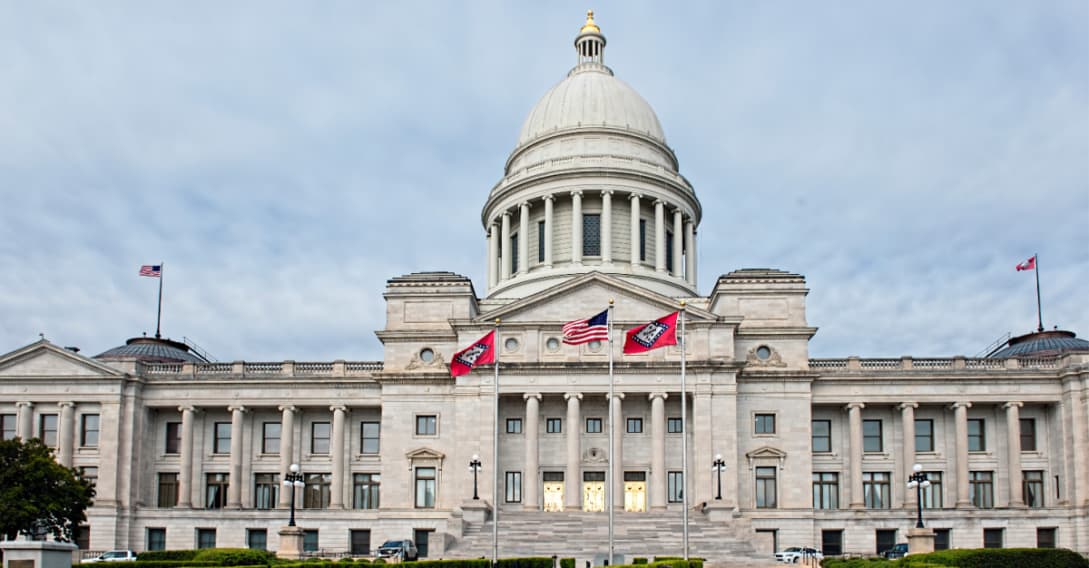Transgender Youth Need Science Not Politics
A new law in Arkansas blocks medical care for transgender youth and reflects widespread misinformation. Asa Hutchinson (R), the Governor of Arkansas, vetoed the bill–but the heavily Republican legislature overrode it. Numerous scientific and medical organizations have decried the decision, pointing out that such care can be life-saving.
The Endocrine Society’s position on the new law in Arkansas
Press release: These policies criminalize physicians’ efforts to provide needed medical care and disregard widely accepted medical evidence and clinical practice guidelines.
“The treatment of transgender and gender diverse youth should be governed by the best available medical evidence, not politics,” said Joshua D. Safer, M.D., F.A.C.P., F.A.C.E., co-author of the Society’s Clinical Practice Guideline and position statement on transgender medicine. “When caring for transgender and gender diverse youth, physicians and mental health professionals must be able to freely practice and choose the best available treatment options in consultation with the patients and their parents, as they would when treating any other condition.”
Scientific evidence shows that there is a durable biological underpinning to our gender identity, and external forces have little impact on that identity.
When young children experience feelings that their gender identity does not match the sex recorded at birth, the first course of action is to support the child in living in their affirmed gender identity and to provide mental health support, as needed.
After transgender and gender diverse minors start puberty, prescribing treatment to suppress puberty is the recommended strategy if desired and if diagnostic and treatment criteria are met. Pubertal suppression is commonly used in children who experience early puberty.
This treatment, which is reversible, gives adolescents more time to explore their options.
Pubertal suppression helps transgender adolescents avoid distressing and even traumatic experiences in life, and may help some avoid undergoing surgical procedures later in life.
Eliminating access to medical care will harm transgender and gender diverse individuals, who already face a disproportionately high rate of suicide. A study published in the journal Pediatrics last year found transgender and gender diverse youth who wanted access to pubertal suppression and could not access the treatment had higher rates of suicidal thoughts over their lifetimes than those who wanted the treatment and received it.
“Legislation should not interfere with physicians’ efforts to provide their patients evidence-based medical care in line with the recommendations of the Endocrine Society and other respected international medical organizations,” Safer said.
While the Society focuses its advocacy efforts at the federal level, it offers a toolkit for members and other advocates who are calling for evidence-based legislation at the state level.
Advocacy group highlights increased suicide risk
Arkansas is seeing a rash of suicide attempts by young people and other anxieties since the state became the first one to ban gender-affirming health care for minors.
“My families are in a state of panic, asking what state should they move to, saying their child is threatening to kill themselves,” Dr. Michele Hutchison, whose clinic at Arkansas Children’s Hospital is the largest provider of gender-affirming care in the state, told the Associated Press. “They want to know what they should do next, and we don’t have a clear answer for them.”
Read the full article here
CBS News breaks down the Arkansas trans care ban
Learn more from this CBS News clip below(June 21, 2021)



